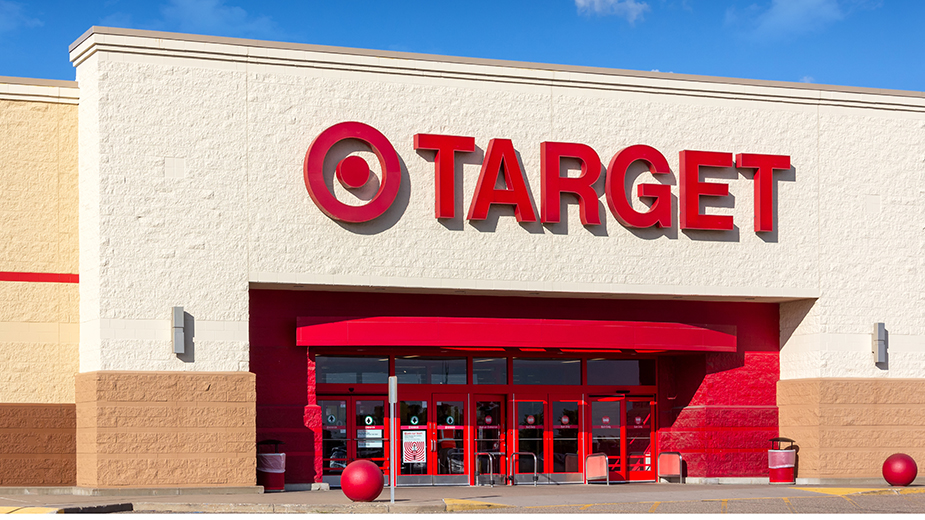By George Farris
YOUNGSTOWN, Ohio – All brands have one thing in common – people. People create the brands, run the companies, make the products, and supply the services. And people make mistakes.
Eventually brands, like people, will make a mistake that upsets you and may even push you to seek and buy a competing brand.
Consider the 2018 Abbott Similac-brand baby formula recall that led to the closing of its Michigan production plant. The mistake – bacteria found at the production plant – was later blamed for a nationwide shortage.
Look at Southwest Airline’s holiday travel meltdown that left thousands of travelers stranded and outraged. This mistake cost South-west more than a billion dollars in flight refunds, vouchers and other compensation.
Can these brands recover, rehab their reputations, repair customer relations, and survive the negative press and social media?
WHAT HAPPENED BEFORE
How quickly and fully a brand recovers from a major mistake usually depends on what happened before the mistake. Fortunately for both Abbott and Southwest, they are likely to fully recover and do so quickly, because they spent years building customer loyalty.
HABITS MATTER
Brands recovering from mistakes are helped by the fact that consumers are creatures of habit. Even if a customer is upset when the brand makes a mistake or performs poorly, statistics show most regular customers will keep buying that brand out of habit.
UNCONSCIOUS FORGIVENESS
We forgive our favorite brands for their trespasses because we desire the benefits they provide. That desire eventually outweighs our anger and we begin to practice “unconscious forgiveness.” We make excuses for the brand’s mistake to justify our loyalty.
BEST RESPONSES
The best response is a quick response. Explain what happened, how and why it happened. Outline what was done to ensure it won’t hap-pen again. Compensate customers who were affected and be transparent.
SOCIAL ISSUES AND BOYCOTTS
Recently Bud Light Beer and Target became targets of consumer boycotts when their marketing efforts resulted in customer backlash.
The Daily Mail reported Bud Light’s parent company lost more than $6 billion in market cap in just six days after its partnership with Dylan Mulvaney, a transgender social media influencer, generated a huge backlash.
According to Business Insider, Target sales dropped substantially when it sparked a nationwide boycott from customers objecting to its Pride Month displays. Cnet reported Target’s stock took a $15 billion hit in the first 10 days of the boycott.
Boycotts typically end when companies make concessions and most of the boycotting customers decide to let the issue go. Bud Light cut ties with Mulvaney and Target stores moved the displays. Unconscious forgiveness will kick in and soon most of the boycotting customers will return to the fold.
PREVENTION
You can prevent some mistakes with research. Make sure you understand what your customers want and what they don’t want. Use secret shoppers and create a team to search for weaknesses and imagine every possible mistake and scenario.
You can’t predict or prevent all boo-boos. But you can treat them and help your brand and your customers heal.
George Farris is CEO of Farris Marketing. Email gff@FarrisMarketing.com.
